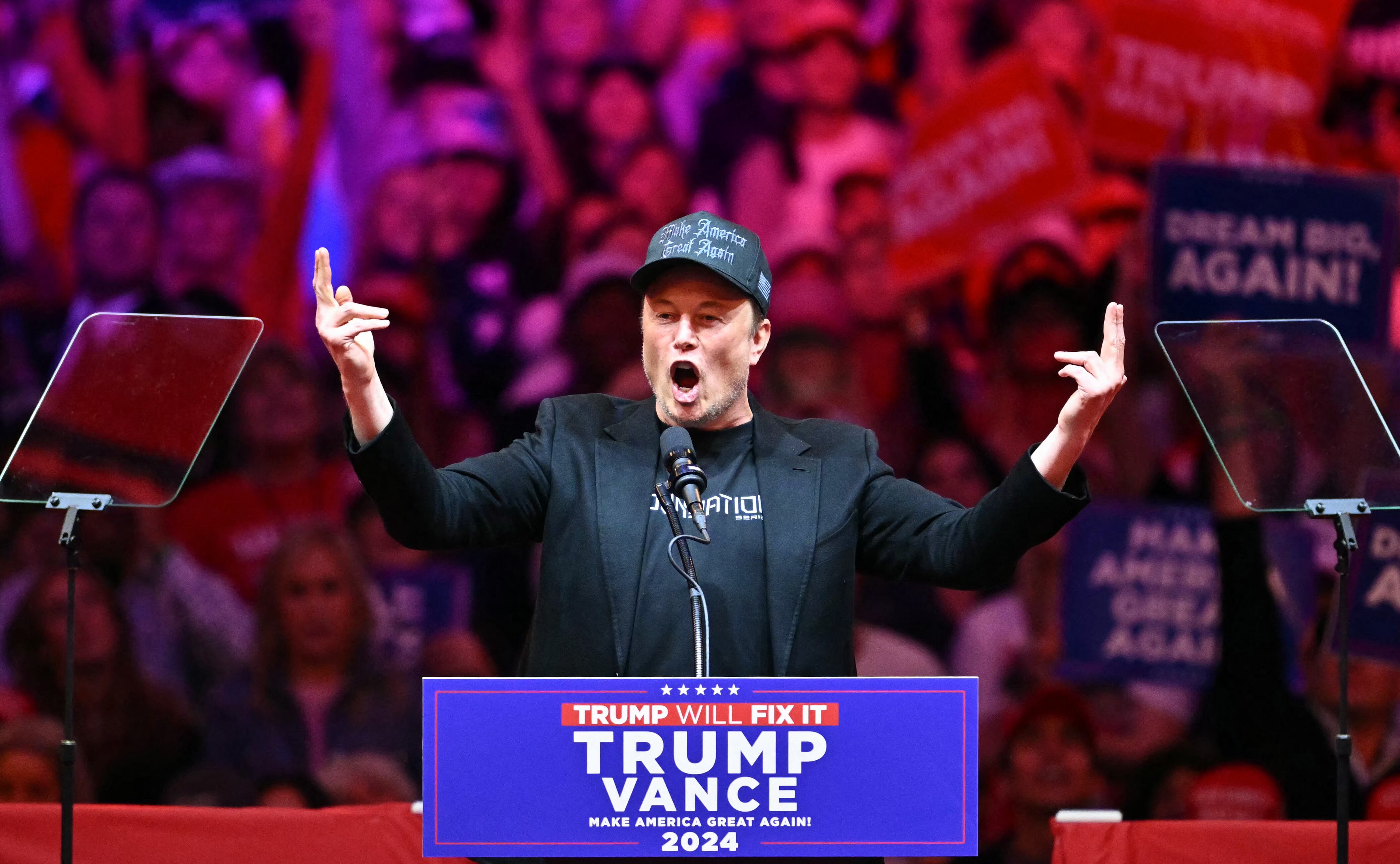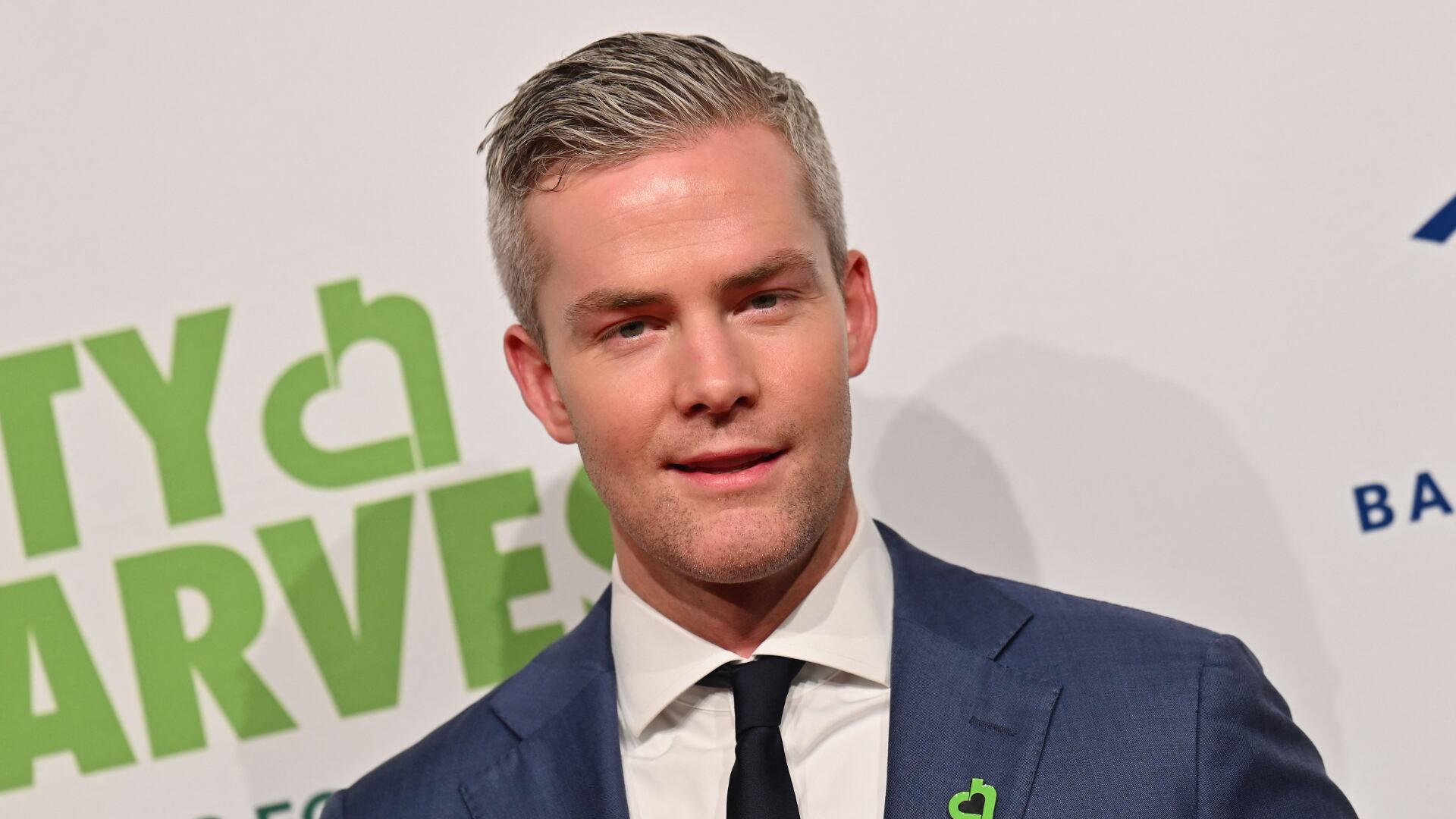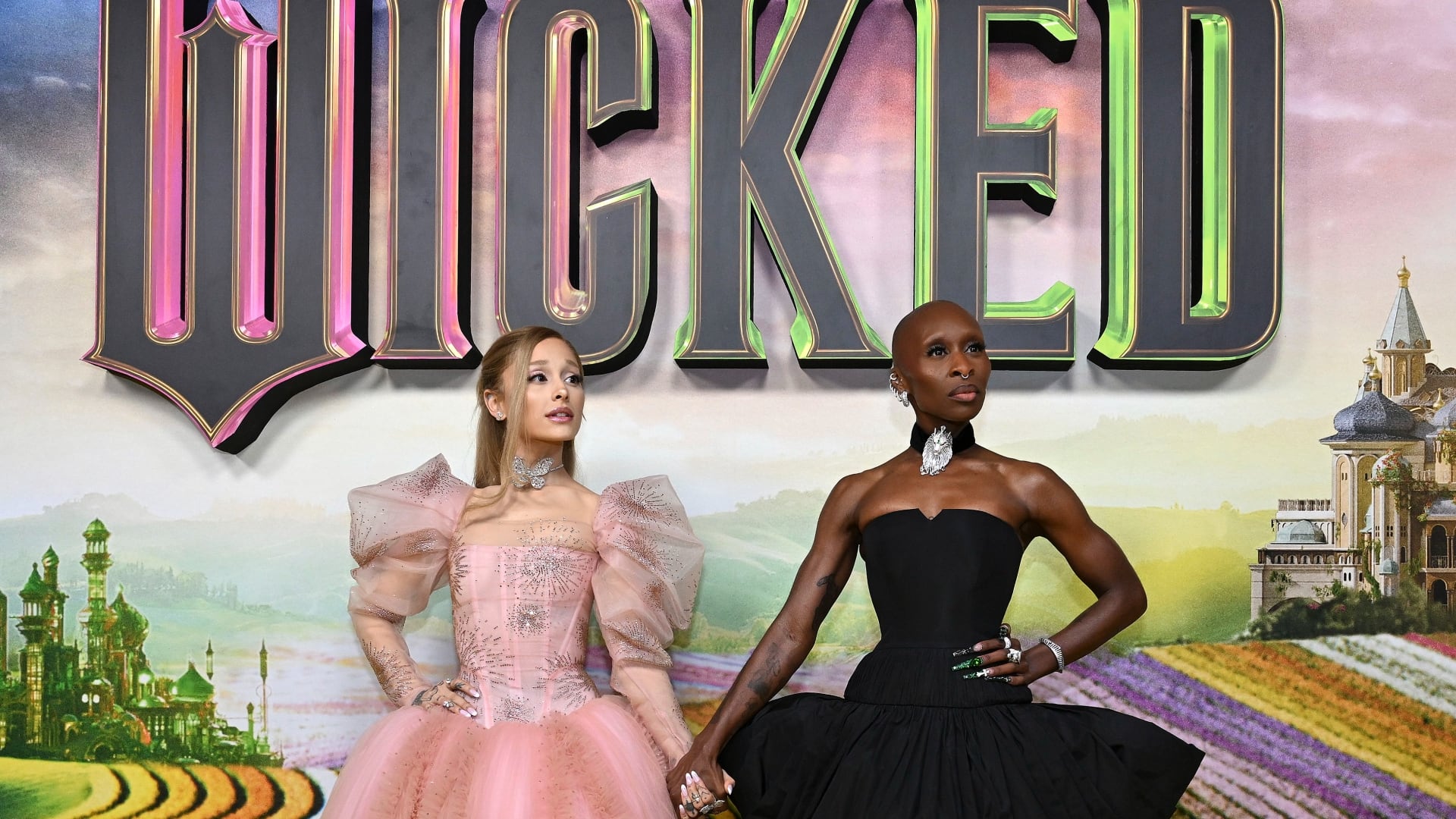Amazon's Alexa is taking the show on the road. With a new in-vehicle version of the popular A.I. assistant expected to begin appearing in millions of GM vehicles in the first half of 2020, Cheddar spoke to Amazon Alexa Auto Chief Evangelist Arianne Walker to find out what exactly Alexa has to offer on the go.
To start with, drivers will be able to use voice commands to complete tasks, like adding groceries to a shopping list or setting a reminder in the car, she said.
"One of the things that we wanted to make sure is that people had a familiar experience in the car or outside the car with Alexa," she said. That experience means controlling entertainment, communications, navigation, and the car itself and using tens of thousands of skills the device is capable of completing.
In-car assistants have yet to take off in popularity, but Walker hopes Alexa changes that trend. "The beauty of an in-vehicle system like Alexa, that you can use at home, in the car, is that continuity. And she's in the cloud. She gets smarter every day. And she uses natural language understanding, so you can talk to her like you would a person."
Car devices are notoriously bad at recognizing what drivers are asking for. Walker said that industry data shows problems with voice-recognition systems are a chief complaint from drivers, so Amazon hopes that adding its Alexa device directly into vehicles will be a game-changer.
"We heard from customers that they wanted to bring her with them when they leave the home," according to Walker.
For those not looking to purchase a new car with embedded Alexa software, Amazon hopes they'll consider an Amazon Echo Auto, which is available now, can be used in any vehicle, and uses third-party apps to let drivers do things like control music, adjust smart appliances, and navigate.
Amazon isn't the only player looking to corner the driving assistant market. BMW also announced last week that it will bring Android Auto to its cars in the summer of 2020.












